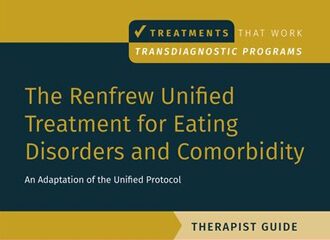Written by: Kate Daniel
Published by: Giddy
Anorexia may be characterized by a lack of consumption, but the disease is all-consuming. Enduring the disorder at age 14 and again at 17, my every moment was preoccupied with stress and anxiety surrounding food and my wasting body, coupled with an overwhelming and deep, implacable pain. Within months, my will to live was as faint as my skeletal form.
Eating disorders affect at least 9 percent of people worldwide, according to the National Association of Anorexia Nervosa and Associated Eating Disorders (ANAD) and are the second-deadliest mental illness, next to opioid use disorder, causing about 10,200 deaths per year.
These disorders, the most prevalent of which include anorexia, bulimia, binge eating disorder (BED) and other specified eating disorders (OSFED), can pervade all facets of a person’s life and well-being, from their emotional to sexual health.
They are highly treatable, and treatment can typically restore sexual well-being and fertility along with overall health. However, many people have trouble finding support or achieving long-term recovery, in part because the conditions and their origins are not fully understood.
Doctors typically consider eating disorders as psychological ailments heavily influenced by environmental and sociocultural factors. But recent research suggested genetics contribute as much—if not more—to their development.
“Eating disorders are complex psychiatric conditions and various factors contribute to both the onset of the disorder and maintenance of its symptoms,” said Samantha DeCaro, Psy.D., a Philadelphia-based therapist and director of clinical outreach and education for The Renfrew Center. “Research suggests that the onset of an eating disorder seems to occur due to a complex interaction between genetics and environment. The presence of sociocultural, biological, psychological and developmental factors can all contribute to the level of risk for someone who is genetically vulnerable.”
Click here to read the full article.




